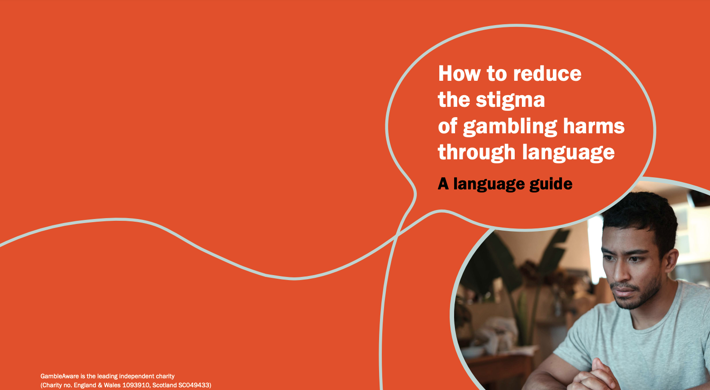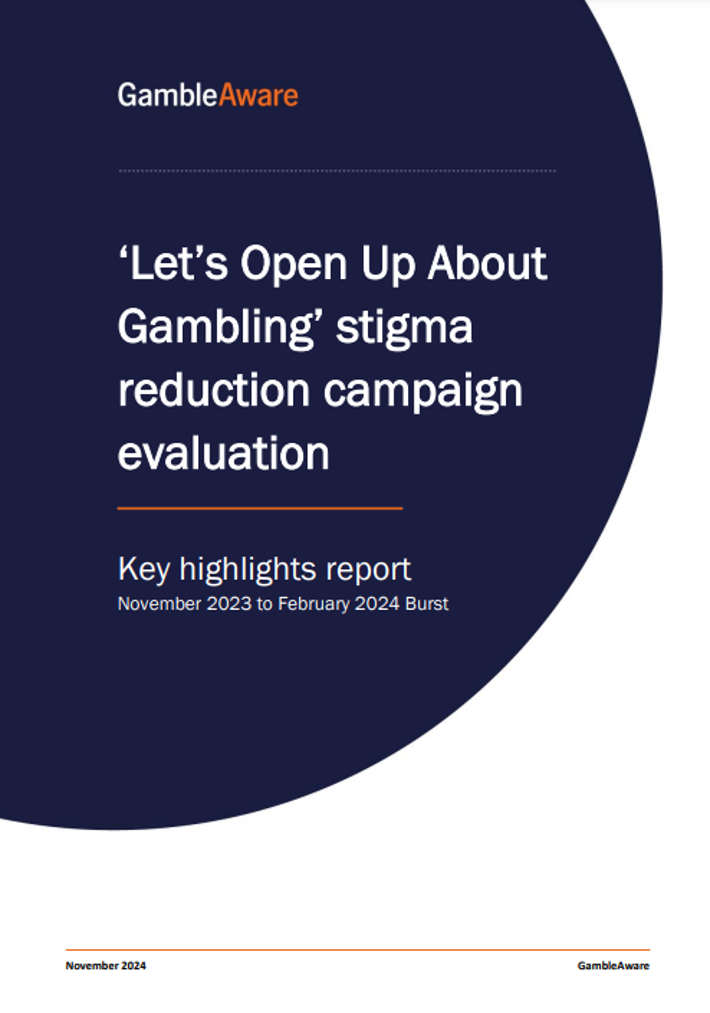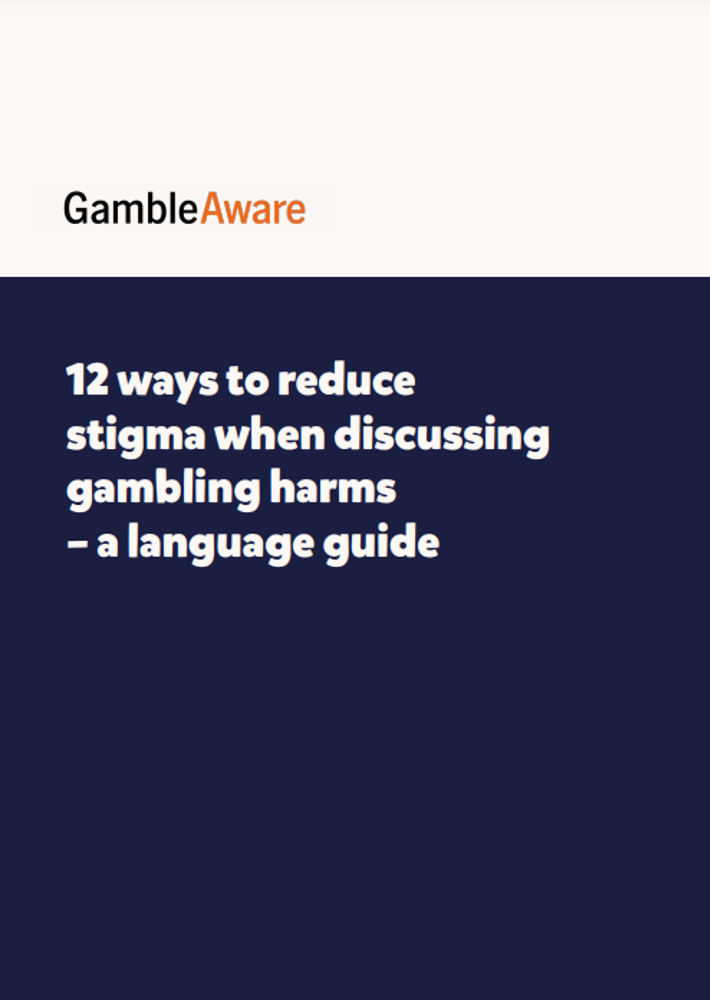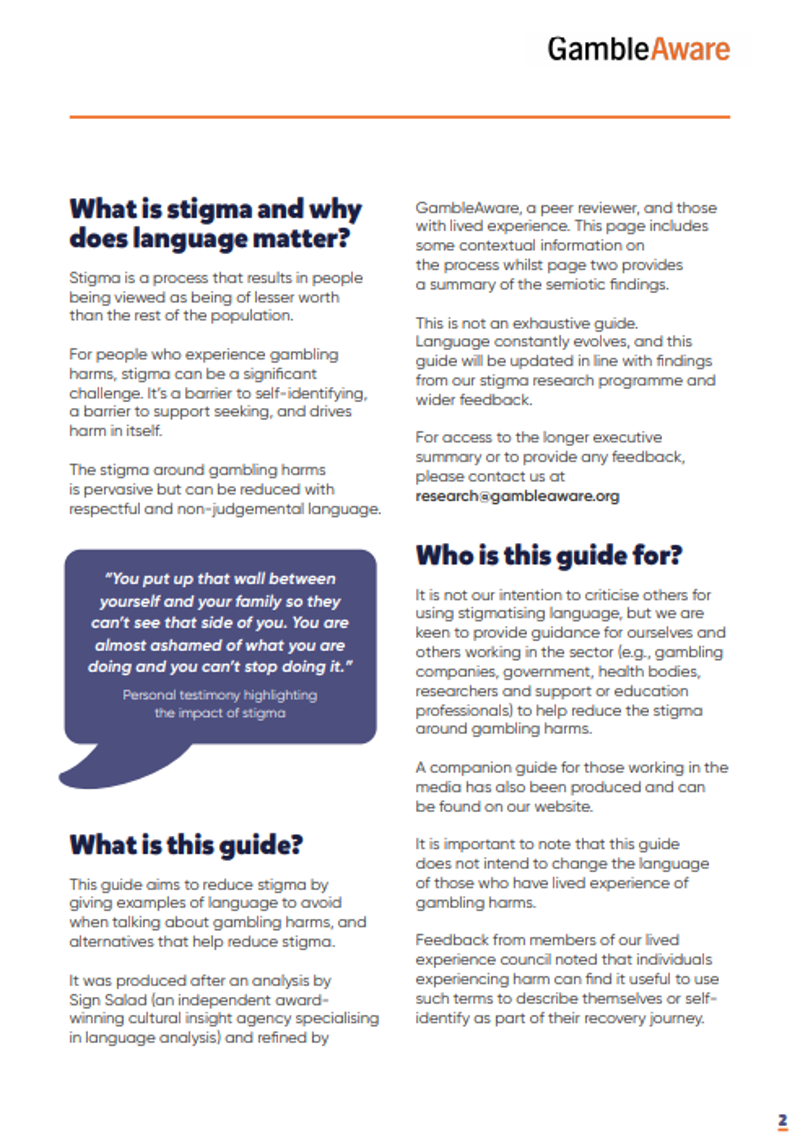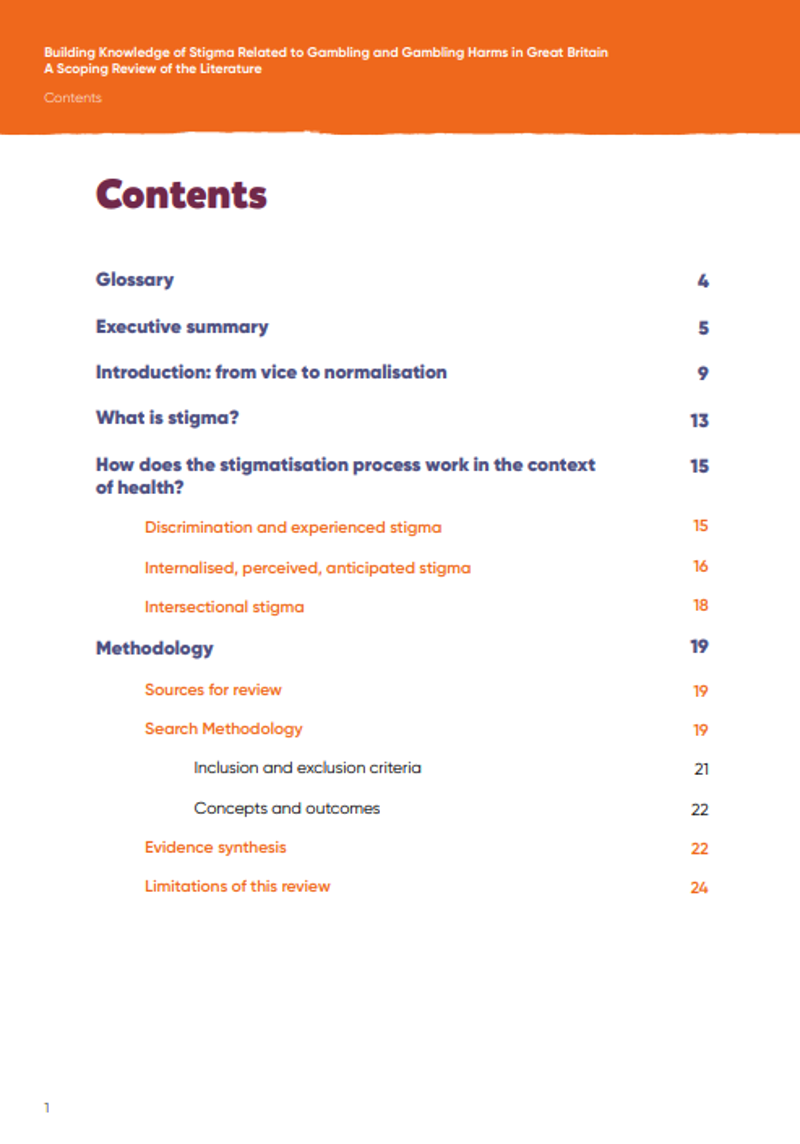Gambling harm stigma
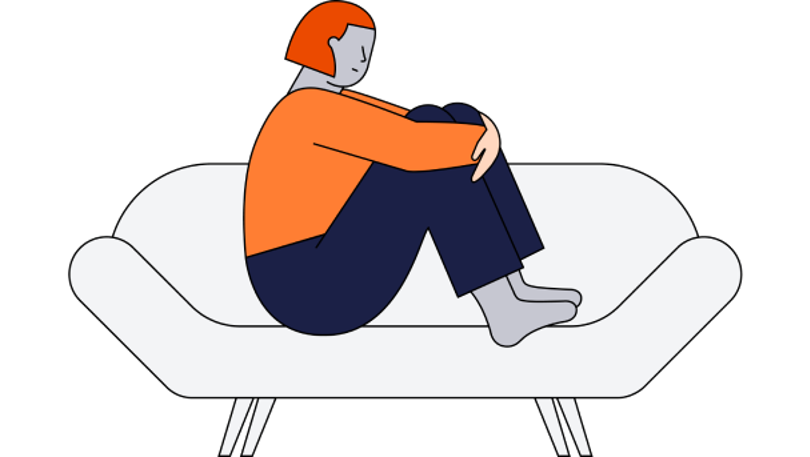
Gambling harm stigma can lead to feelings of judgment or discrimination. This is one of the biggest barriers preventing people from seeking support.
Research aimed at understanding gambling harm stigma has been crucial in creating inclusive and people-centred support services.

